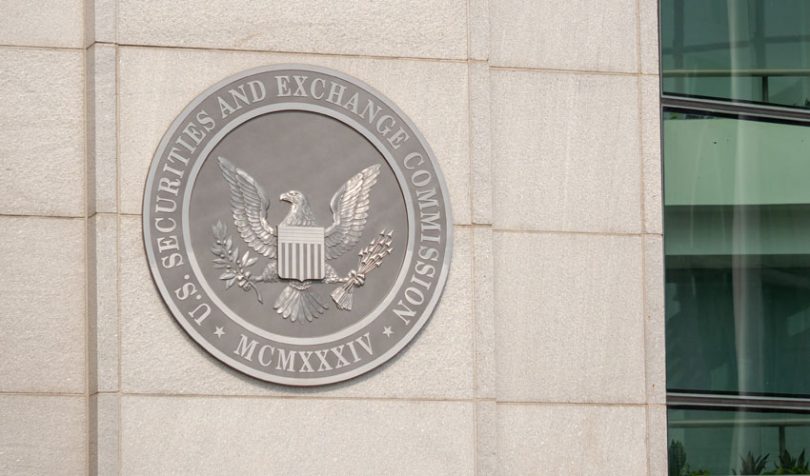Yesterday the US Securities and Exchange Commission (SEC) announced that it sued Kik Interactive Inc. for an allegedly illegal initial coin offering (ICO). This 2017 ICO raised $100 million for the messaging app firm via its blockchain based cryptocurrency Kin. The SEC claims this money was raised unlawfully.
Yesterday’s announcement from the SEC equates Kin tokens with securities. In their eyes, the ICO should have been registered. Securities also must be traded on SEC authorized exchanges in the US, but most cryptocurrencies are not.
The charges allege that Canada based Kik sold tokens as more of an investment than a currency to be used in a blockchain based system. Though Kik offered services via its app which incorporated Kin, the SEC alleges that such services did not exist when the ICO took place, making it a sale of securities.
The debate over cryptocurrencies as securities is ongoing, where last year EY stated that Ether should not be considered a security. An analysis is usually based on whether a cryptocurrency fits into a legal precedent referred to as the Howey Test. The SEC has more-or-less said that Ether is currently not a security.
In 2018 Director Hinman stated: “If the network on which the token or coin is to function is sufficiently decentralized – where purchasers would no longer reasonably expect a person or group to carry out essential managerial or entrepreneurial efforts – the assets may not represent an investment contract.” SEC Chairman Clayton later reinforced this. While Ether may currently appear decentralized, its status at the time of its ICO is more debatable. And Kik seems to be strongly associated with Kin.
Kik appeared to expect a lawsuit, as the firm previously set up a crowdfunding page anticipating a case against their 2017 ICO. Named ‘Defend Crypto’, the page which has raised over $4 million claims that the SEC stifles innovation. Kik has also set aside $5 million for the court battle.
However, Steven Peikin, Co-Director of the Division of Enforcement at the SEC, stated yesterday: “Companies do not face a binary choice between innovation and compliance with the federal securities laws.”
“By selling $100 million in securities without registering the offers or sales, we allege that Kik deprived investors of information to which they were legally entitled, and prevented investors from making informed investment decisions,” Peikin claims.
Although the SEC has previously entered into settlements relating to other ICOs, Kin is the largest ICO targeted to date.
At its release, Kin ran on the Ethereum blockchain but was migrated to Kik’s own blockchain in March of this year, which uses the technology that underpins the Stellar Network.
The Financial Times has published an entertaining article on the topic.






